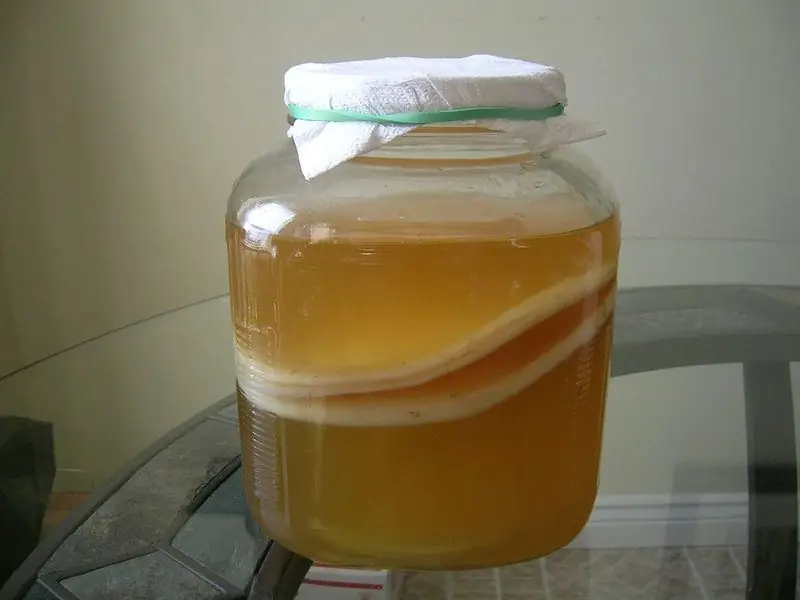
Table of contents:
- Author Bailey Albertson albertson@usefultipsdiy.com.
- Public 2023-12-17 12:53.
- Last modified 2025-01-23 12:41.
Kombucha: More Good or Harm?
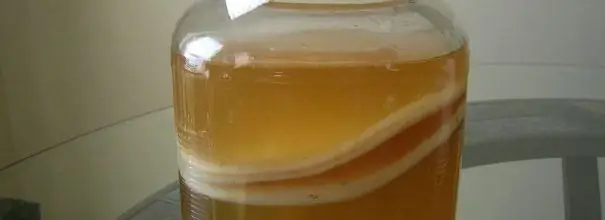
Kombucha (scientific name - medusomycete) is a very popular remedy in folk medicine. In fact, it is not just a mushroom, but a symbiosis of yeast with bacteria. It was used as early as 200 BC. e. the Chinese, noting its cleansing properties. But now scientists and doctors are not so supportive of kombucha.
The benefits of kombucha
Kombucha is used in alternative medicine in the form of an infusion - the so-called tea kvass. Its regular use, according to adherents of non-traditional treatment, helps:
- cleanse the body of toxins;
- get rid of kidney stones;
- normalize blood pressure;
- eliminate the symptoms of colds and flu;
- improve potency in men;
- get rid of arthritis and more.
All this is due to the presence in the medusomycete and its infusion of many vitamins and active components, including antibiotic action.
Kombucha is also used in cosmetology. They rinse the hair with infusion, take baths from it. Compresses made from "tea kvass" are widely used and are applied to burns. This supposedly speeds up tissue repair.
Note that the beneficial properties of kombucha have never been clinically proven. In vitro and rat trials were carried out in both 2003 and 2014. None of the claimed medicinal properties of the drink have been proven. Most scientists agree that the described healing properties are incredibly broad.
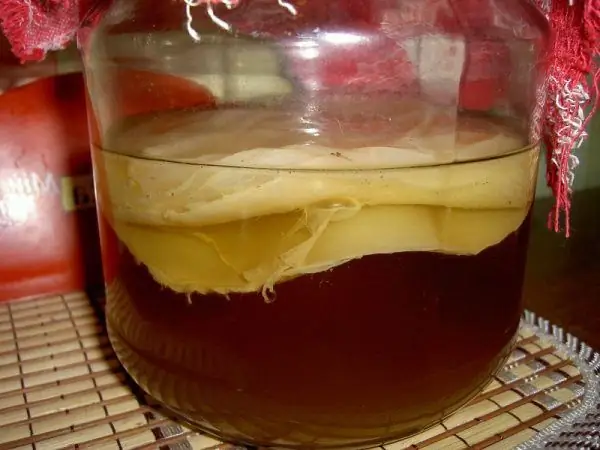
Surprisingly, most of the information about the benefits of kombucha is located on the websites that sell it.
Kombucha harm
The American Cancer Society, after a 2003 study, stated that drinking "tea kvass" caused serious side effects. Among them:
- metabolic acidosis (a shift in the acid-base balance of the body towards an increase in acidity);
- destruction of red blood cells (erythrocytes);
- acute nephrosis against the background of hemoglobinuria (kidney damage);
- liver pathology;
- toxic coagulopathy (blood clotting disorder).
It has been established that when drinking a drink made from kombucha, a beneficial environment also appears for the development of such pathogenic flora as a fungus.
Some sellers of jellyfish also claim that the infusion promotes weight loss. This is not so - the approximate calorie content of one glass of "tea kvass" is 30 kcal. This is even more than a mug of regular tea with three tablespoons of sugar. Considering that the "tea kvass" is then sweetened, a serious "calorie bomb" is obtained, which will only add centimeters at the waist. And the composition of the drink does not in any way affect the metabolism or the body's ability to burn fat. Kombucha is completely contraindicated for diabetics.
If the mushroom is kept in the tea for too long, excessive fermentation results. This infusion has a high acidity level and is not recommended for use by people with reduced immunity, including pregnant women and the elderly.
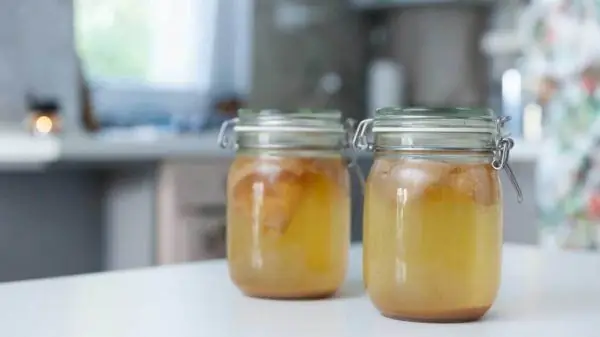
"Over-steep" tea kvass is fraught with health risks due to high acidity
A small amount of ethanol was also found in the infusion. Because of this, kombucha should not be drunk during treatment with antibiotics or other drugs that are not compatible with alcohol.
But doctors differed about the harm to children. Most researchers believe that the infusion should not be consumed by children under ten years of age. However, some pediatricians assure that nothing bad will happen if you give your child a moderate amount of "tea kvass".
Reviews on the use of tea kvass
Kombucha can become the basis of a pleasant and quite tasty drink, but there is still no verified data on its benefits for the body. However, with moderate use, it is unlikely to be harmful.
Recommended:
Jerusalem Artichoke: Benefits And Harms To The Body, Including Syrup, For Diabetes, Reviews
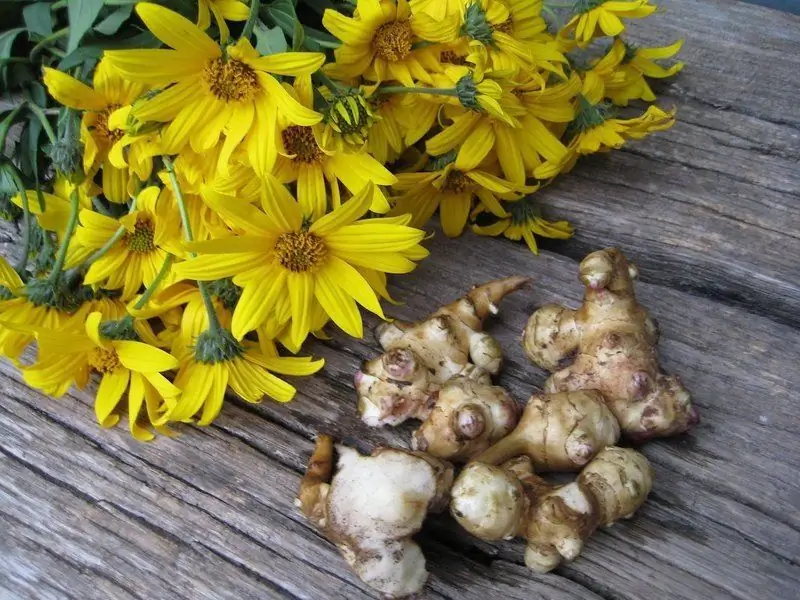
Useful properties of Jerusalem artichoke. What diseases it helps. What parts are used for medicinal purposes. Permissible doses of Jerusalem artichoke per day. Harm and reviews
Papaya: Benefits And Harms For The Body Of Women And Men, Fresh Fruits And Dried Candied Fruits, Reviews
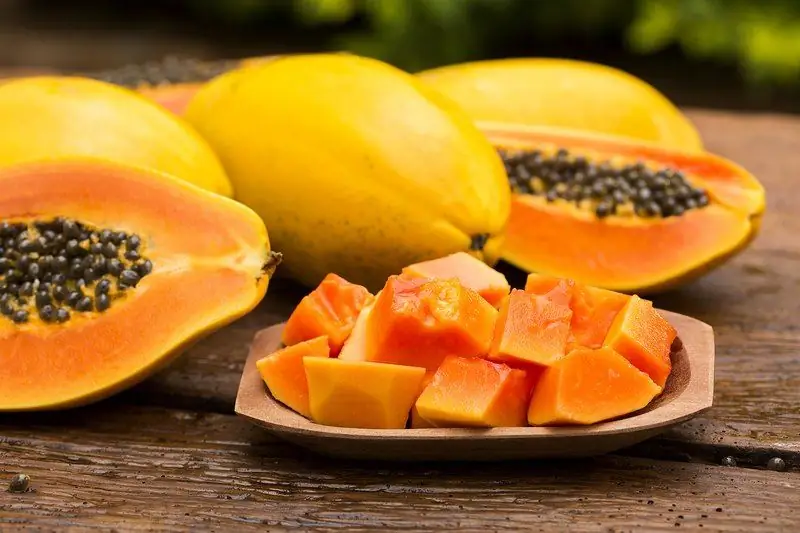
Should you include papaya in your diet and why? Does papaya help you lose weight? To whom this fruit is contraindicated. Customer reviews about eating papaya
Dates: The Benefits And Harms For The Body Of Women And Men Of Dried Fruits And Compote From Them, Reviews
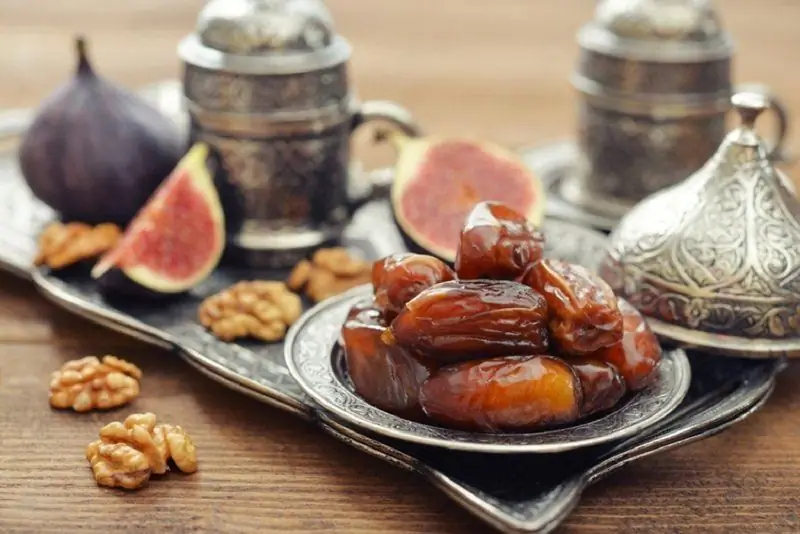
Dates: benefits, harm, contraindications, calories. Consumer reviews and doctors' opinions
Pumpkin: Benefits And Harms To The Body, Including Seeds, Oils, For Men And Women, Reviews
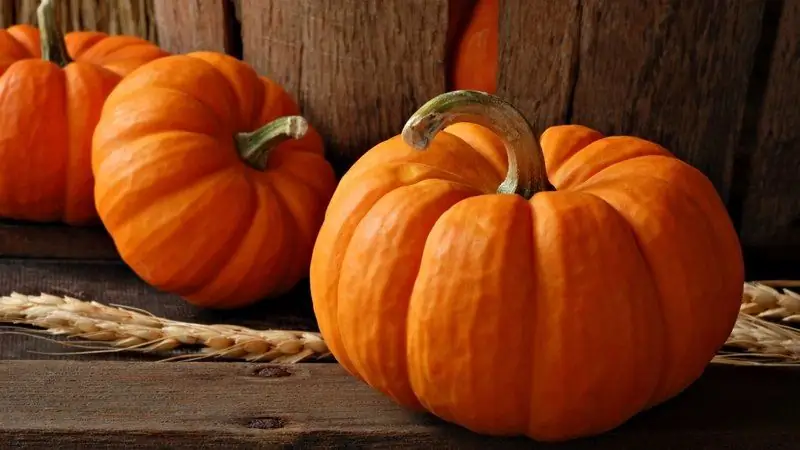
Why is pumpkin useful? What effect does pumpkin pulp, its seeds, juice have on the body? How much pumpkin can be for adults and children. Pumpkin harm and contraindications
Dried Apricots: Benefits And Harms For The Body Of Women And Men, Reviews
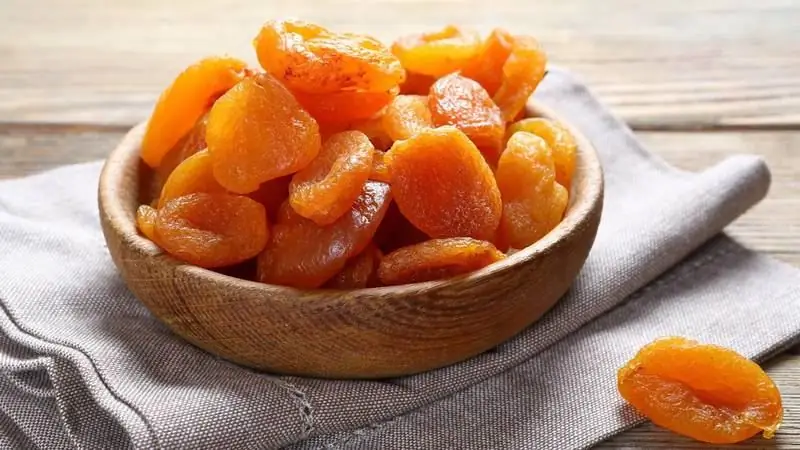
Dried apricots: nutritional value, useful elements, possible harm. How much dried apricots can you eat per day
